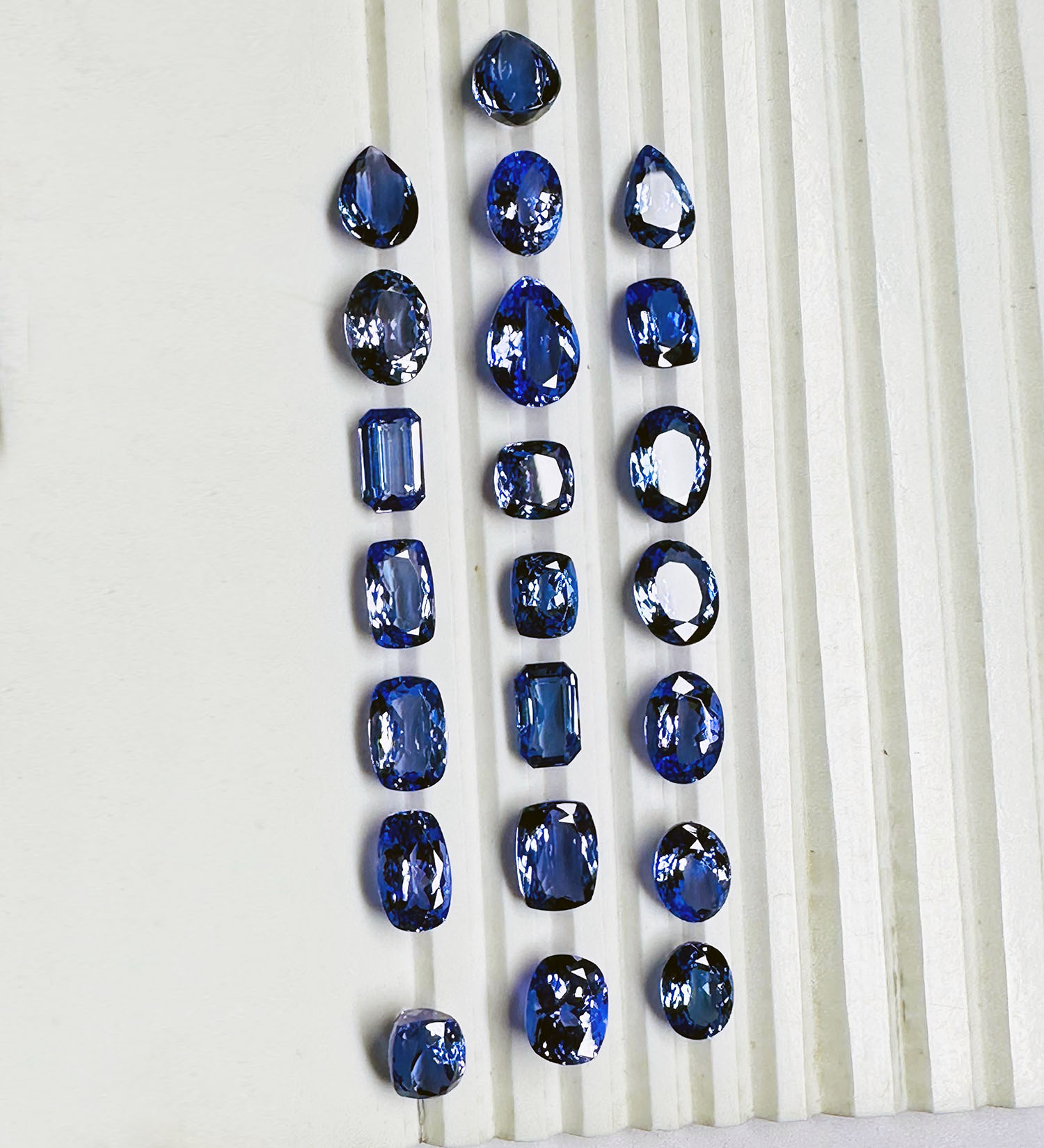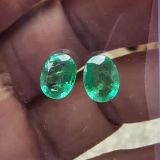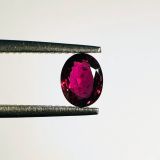Tanzanite: The Rare Gemstone of the New Age
Tanzanite, a mesmerizing gemstone with hues of deep blue and vibrant violet, is among the most prized and rare gemstones in the world. Discovered only in the mid-20th century, this extraordinary gem is found in a single location on Earth, making it a geological marvel and a cherished possession for gem enthusiasts. Its enchanting colors and rarity have elevated it to prominence in modern jewelry, symbolizing uniqueness and elegance.
Tanzanite, with its ethereal colors and remarkable rarity, stands as one of the most captivating gemstones of modern times. Its origin story, limited availability, and vibrant hues make it a prized possession for those who value beauty and uniqueness. As a gemstone that captures the imagination and celebrates individuality, tanzanite’s legacy is as enduring as the stunning landscapes of Tanzania from which it was born.
What is Tanzanite?
Tanzanite is a variety of the mineral zoisite, known for its stunning pleochroic properties, meaning it displays different colors when viewed from different angles. Typically, tanzanite appears as a mix of blue, violet, and purple, with its exact shade influenced by the angle of light and the stone’s cut.
This gem is relatively soft, with a hardness of 6-7 on the Mohs scale, making it ideal for occasional wear and requiring extra care in jewelry settings.
The Discovery of Tanzanite
Tanzanite was first discovered in 1967 in the Mererani Hills near Mount Kilimanjaro in northern Tanzania, the only known source of this gemstone. It is said that the first crystals were uncovered after a lightning strike set the grassy plains ablaze, exposing the brilliant blue stones beneath the earth.
Tiffany & Co. named the gemstone “tanzanite” after its country of origin and introduced it to the global market, dubbing it the “gemstone of the 20th century.” Its association with Tanzania, a land of natural wonders, adds to its mystique and allure.
Rarity and Limited Supply
Tanzanite is considered rarer than diamonds due to its singular geographic origin. Experts predict that the mines may be depleted within the next few decades, further increasing its value and desirability. This limited availability makes tanzanite not only a gemstone of beauty but also a sound investment for collectors.
Characteristics of Tanzanite
Tanzanite’s appeal lies in its unique combination of qualities:
- Color: Its hues range from a light lavender to a deep, velvety blue with violet undertones. Heat treatment enhances its color, a standard process for most tanzanite gemstones.
- Clarity: High-quality tanzanite is typically free of visible inclusions, allowing its vivid colors to shine.
- Cut: Skilled cutting enhances the pleochroic effect, bringing out the gem’s full spectrum of colors.
- Carat: Larger stones are rare and command premium prices, but even small, well-cut tanzanite can exhibit remarkable beauty.
Symbolism and Popularity
Tanzanite is associated with transformation, intuition, and spiritual growth. Its dazzling hues symbolize elegance, sophistication, and individuality, making it a popular choice for those seeking something unique and meaningful.
Designated as the birthstone for December, tanzanite has gained widespread acclaim in modern jewelry, from engagement rings to statement pendants and earrings.
Tanzanite in Jewelry
Tanzanite’s vivid colors make it a favorite for bold, eye-catching jewelry designs. It pairs beautifully with diamonds, which enhance its brilliance and contrast. Whether set in white gold, platinum, or yellow gold, tanzanite pieces exude contemporary elegance.
However, due to its relative softness, tanzanite is best suited for jewelry pieces that are less exposed to wear, such as pendants, earrings, or special-occasion rings.
Caring for Tanzanite
Tanzanite requires careful handling to preserve its beauty:
- Avoid exposure to sudden temperature changes or harsh chemicals.
- Clean gently with warm, soapy water and a soft cloth.
- Store tanzanite jewelry separately to prevent scratches from harder gemstones like diamonds.
Regular maintenance by a professional jeweler ensures the gemstone retains its luster and integrity.





